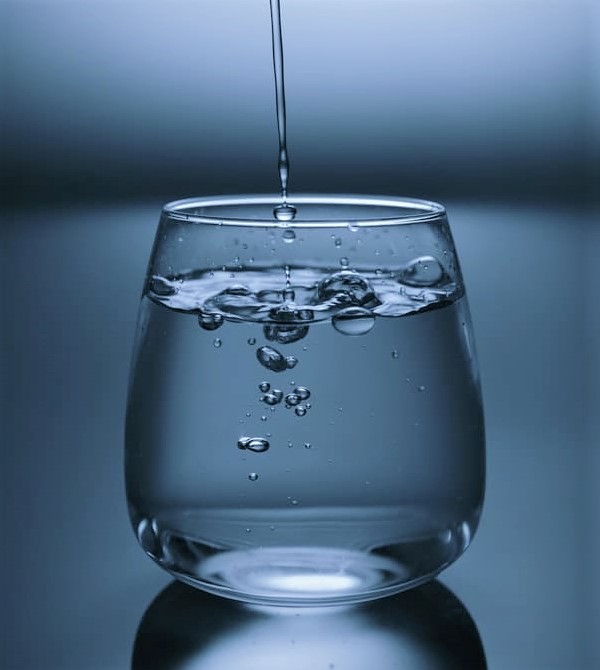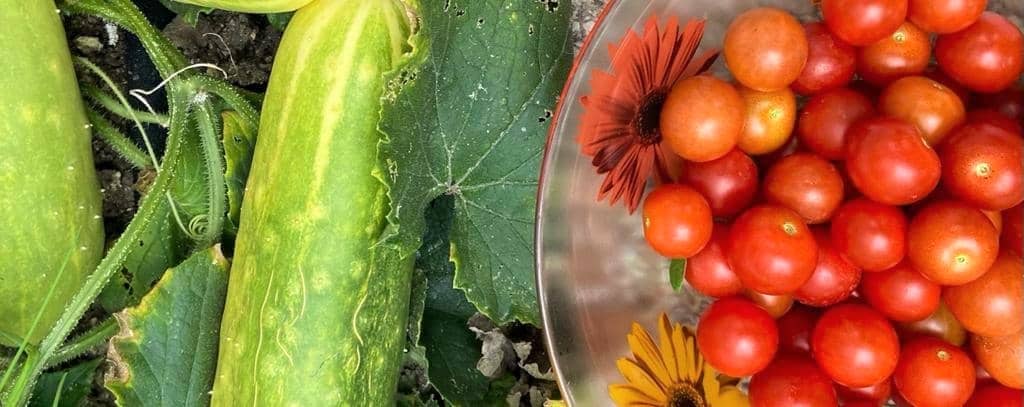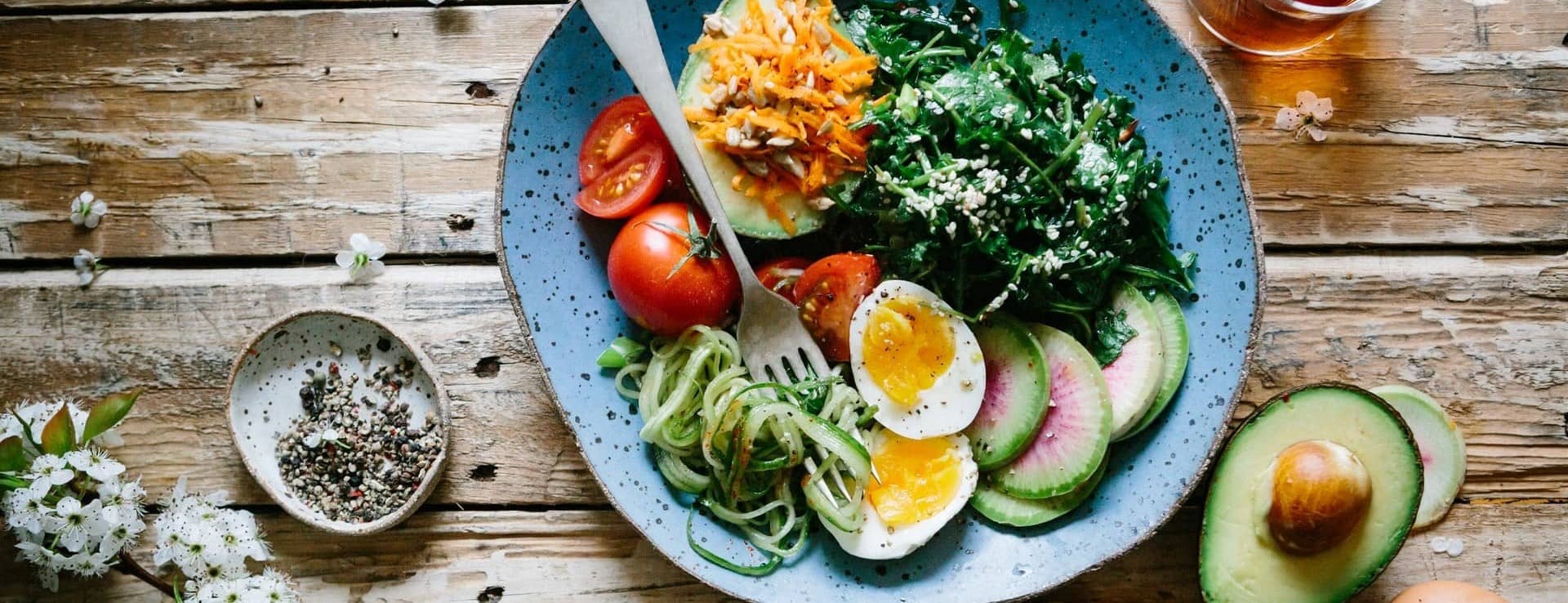Water filtration

Drink and cook with good filtered water without the taste of chlorine
Water delivered at the tap by the water company is neither pure nor natural. It has been treated and chlorinated, more or less depending on where you live and on the season. This treatment is necessary to kill the bacteria and it gives the water a bad taste.
Depending on where you live, your tap water may also contain traces of pesticides, insecticides, herbicides, petroleum and many other organic and inorganic substances. Their effect upon the human body is not well known, and they may have undesireable effects, especially by accumulation.
Water also contains variable amounts of minerals needed for good health such as: calcium, potassium and magnesium, among others.
Tap water often has a very unpleasant taste due to the addition of large amounts of chlorine. This is not good for your household plants, for your gold fish, for your pets, and even for your own health. If you try to sprout grains with chlorinated tap water, the grains often will not sprout, because chlorine interferes. Chlorine addition in tap water kills life, not only bacteria, but also all other forms of life.
The object of WATER FILTRATION is to improve the quality water, to remove the bad taste and some undesireable elements in it, especially chlorine. The principle is simple: a filtration system is installed, and a new tap delivers the filtered water, usually placed in your kitchen next to the non-filtered water tap.
There are many ways of filtering water, among them reverse osmosis produces a perfectly pure water. But it is expensive and removes at the same time such useful and essential elements as potassium, calcium and magnesium.
The FILTRATION KIT of TNR TECHNOLOGY is based on ACTIVATED CHARCOAL, which lets the minerals such as potassium, calcium and magnesium pass through, while eliminating the chlorine almost completely – about 99% of the chlorine is absorbed in the filter as long as it is not saturated.
The FILTRATION KIT also removes many other substances such as organic material, petroleum products, insecticides, pesticides, herbicides, bad smells and tastes, etc. ACTIVATED CHARCOAL has the ability of absorbing and holding many undesireable substances.
The FILTRATION KIT is delivered as a kit ready to be installed for only 152 Euros. Installation is very simple because the parts have been chosen by TNR TECHNOLOGY for their quality and performance, and for ease of assembly. You may install it yourself easily, assuming full responsibility for it, or you might prefer to have it done by a plumber.
After filtering a large amount of water, the taste of chlorine will reappear in the filtered water; this indicates that it is time to change the filter cartridge. But you might wish to change it before hand without waiting for the taste of chlorine to appear so that you always have high quality water.
A replacement cartridge may be ordered from TNR TECHNOLOGY for 40 Euros (see the order form).
Let’s consider a typical family consuming about 6 litres a day of bottled water, as drinking water and for cooking (four persons using 1.5 litres each).
Each week, Mommy and Daddy load up a supermarket carriage with heavy bottles of water, then unload them at the cashier’s desk, pay for them and put them back in the carriage. Then take everything out to the car, and load them in the trunk. Finally getting home, they have to take them out of the car, carry them wearily upstairs to their flat, and store them in the pantry where they take up a lot of space.
A few days later, the trash can is filled with empty bottles; and if they are not recycled they will pollute the environment.
That’s the daily and weekly chore of bottled water. This family buys and transports 40 kilograms (88 pounds) of water each week, that is over two tons a year, and it will cost them over 600 euros a year (600 dollars or 400 pounds sterling) :
40 kilos of bottled water per week represents more than 2 tonnes of water to be handled every year ! (and 667 Euros of expenses)
Let’s consider a family consuming six litres of bottled water a day.
Six litres of bottled water per day for a year = 2200 litres weighing 2.2 tons.
At 0.30 euro per litre it costs 660 euros per year.
Suppose they install a FILTRATION KIT costing 152 euros, the initial cost (investment) is amortized in about four months.
After that, they have only to pay for the replacement of the filter cartridge. It costs 50 euros and is good for a nominal 5000 litres.
Nominally then filtration costs 1 eurocent per litre.
We must now add the price of water supplied by their water company –
it’s typically 10 euros per cubic meter = 1 eurocent per litre.
Then the nominal cost of their filtered water would be 1 eurocent for filtering + 1 eurocent for the water = 2 eurocents per litre.
In practice the capacity of the filter depends on the quality of the water supplied by the water company. We also recommend that the filter be changed every year. So the cost of filtration to the typical family using 2200 litres per year might be about 2.3 eurocents per litre.
Under these assumptions, their filtered water would cost 2.0 to 3.3 eurocents per litre.
This is to be compared with supermarket bottled water at 30 eurocents per litre.
For one year, filtered water would cost 2200 litres x (2.0 to 3.3) cents per litre = 44 to 73 euros per year
To be compared with the cost of bottled water: 660 euros per year.


